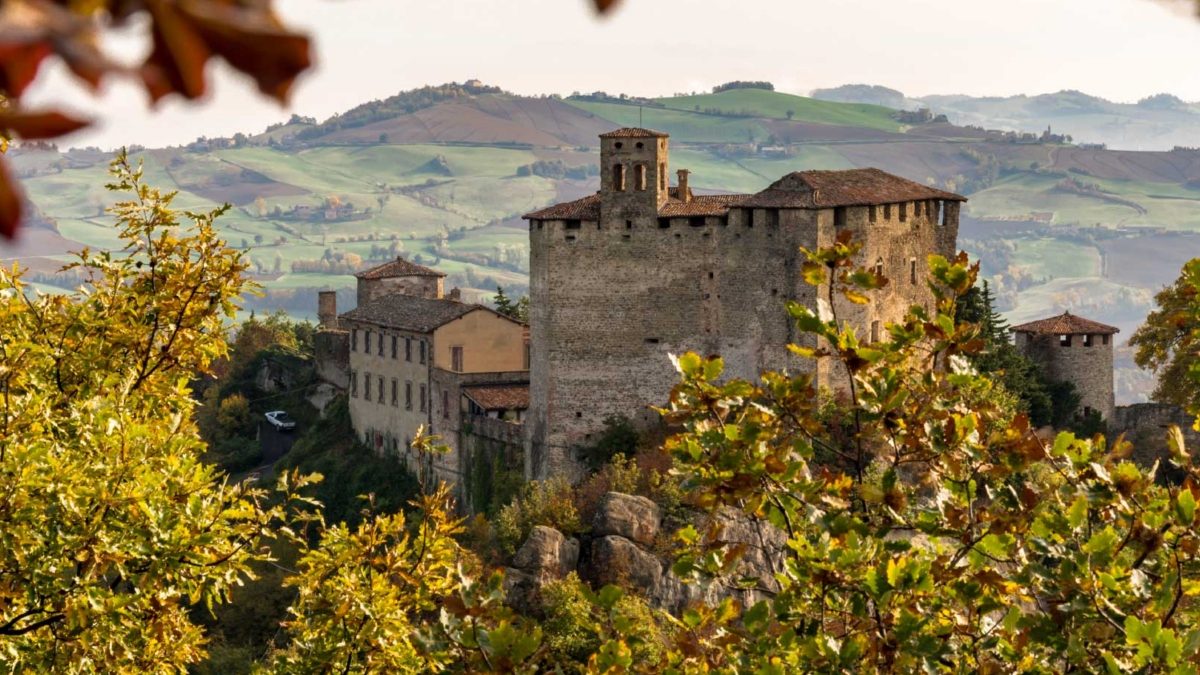DE.COs are certifications issued by municipal administrations that attest to the origin and typicality of an agri-food or craft product. Unlike Protected Designations of Origin (PDO) or Protected Geographical Indications (PGI), which are recognised at European level, DE.COs are managed at local level, offering greater flexibility in protecting the specific traditions of each territory.
Objectives of DE.COs
The introduction of DE.COs aims to achieve several objectives
Enhancement of the Territory: By promoting typical local products, DE.COs help to publicise the cultural and gastronomic specificities of an area, attracting tourists and enthusiasts.
Protection of Traditions: DE.COs protect recipes and production techniques handed down from generation to generation, preserving them from oblivion and standardisation.
Support for the Local Economy: By promoting the marketing of DE.CO products, the local economy is supported, with incentives for small businesses and artisanal producers.
Quality Assurance: DE.COs guarantee consumers that certified products meet certain quality standards and are inextricably linked to their territory of origin.
The municipal denomination is a recognition that local authorities, municipalities, attribute to those products that are considered in some way ‘typical’ or historically linked to the place, and that have no other recognition, such as PDO, PGI, Stg, Pat or other.
It is not a European mark, but is a municipal recognition that is therefore awarded by the municipal administration. Usually, when an authority decides to award a De.Co. mark, it first creates a special commission, to which it receives requests from producers who want to propose their product for recognition. After an evaluation by the commission, the product is accepted or not.
These guarantee marks came into being as a result of Law no. 142 of 8 June 1990, which in fact gives municipalities the power to regulate the promotion of traditional agri-food activities.
There are three groups for the De.Co.: on a typical product, on a food craft product or on a craft product. In short, there are different types of De.Co.: for the protection of a typical product, or a product of food craftsmanship or a product of local craftsmanship. It is also possible to protect a recipe, such as the recipe for Brodetto alla Sangiorgiese, Milanese risotto, which is a De.Co product of Milan, as is also the panettone of Milan. In Angera, a small municipality in the province of Varese on Lake Maggiore, they have created the De.Co of ‘Panini millenari’, sandwiches made by recovering the recipe from ancient archaeological finds (Angera ranks second after Pompeii for bread finds in necropolises). Local bakers have recreated the sandwiches from ancient ingredients and using only stone-ground organic flour and natural yeast.
A feast linked to the tradition of a dish or a product, with a certain historicity and linked to the community can also be De.Co: for example, the Fiera del Bue grasso of Moncalvo (At) is also De.Co. It is also possible to protect knowledge linked to the territory, such as a fishing or cultivation technique, or a piece of land. A few examples? The dry-stone walls of Arnasco (Sv) or the truffle fields. Finally, there is also the strand of multiple De.Co., such as the De.Co. on Alessandria pastry, which protect traditions involving elements of both the first and second group.




